This legal analysis discussing how real-life law applies to court cases in She-Hulk on Disney+ contains spoilers for episode 3, “The People vs. Emil Blonsky.”
At last, the wait is over! The Disney+ She-Hulk show was announced over three years ago, in August 2019. Since then, I’ve been on the edge of my seat in anticipation for one of my favorite lawyers, superheroes, and Hulks of all time.
What makes She-Hulk (Jennifer Walters) special is not just that she’s a lawyer — between Daredevil, Batman, and Harvey Dent (Two-Face), there are plenty of those to go around. Instead, what makes She-Hulk special is that she is the only comic-based lawyer who isn’t serious all the time. Unlike the brooding Daredevil or “tough-on-crime” Harvey Dent, She-Hulk knows how to serve as an effective advocate without sacrificing her sense of humor in the process.
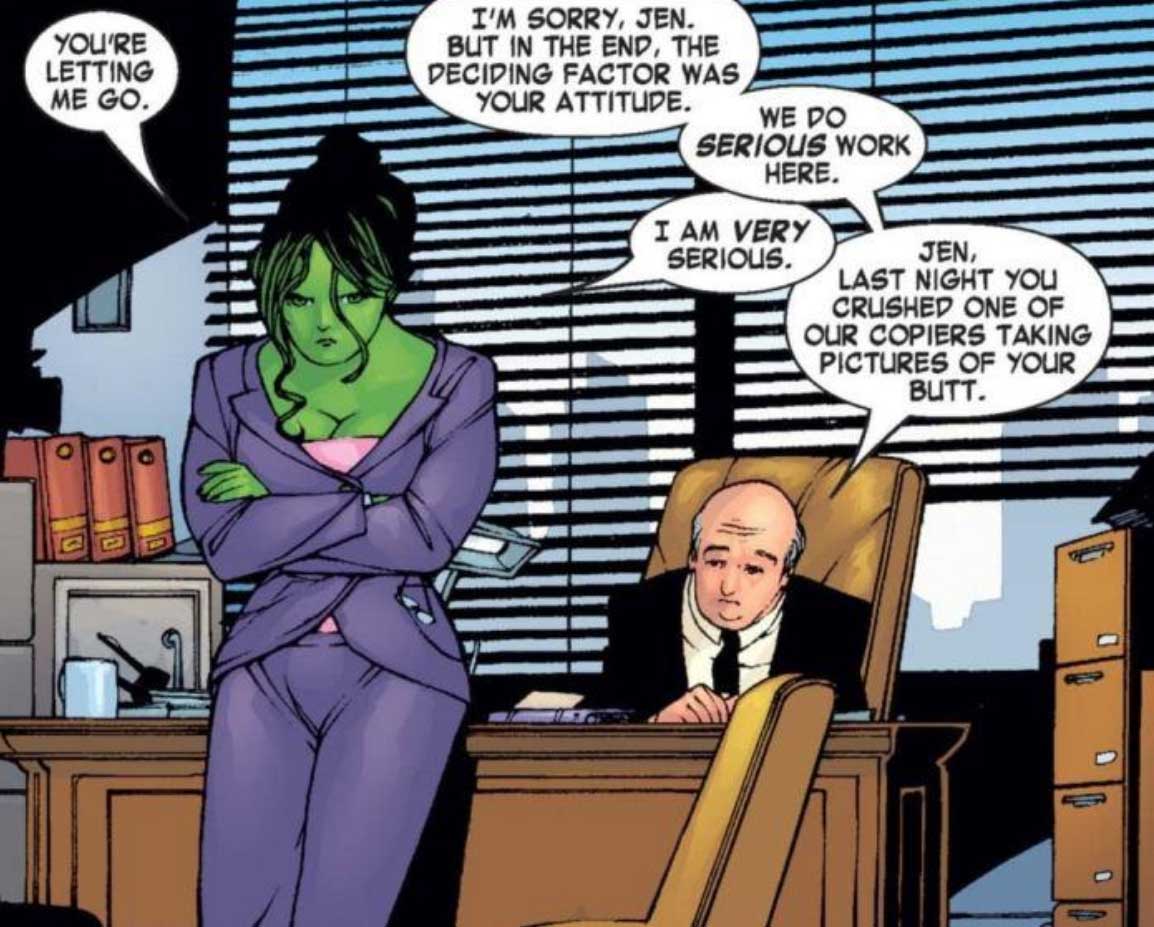
Some of the best parts about the She-Hulk comics are the ridiculous legal hijinks that She-Hulk has to deal with. And while it took a few episodes for the show to find its footing, (We had to get that pesky origin story out of the way, after all.) this week’s episode has fully embraced the She-Hulk spirit by showing not one, but two ridiculous superpower-based legal quandaries.
Let’s take a closer look at those cases in She-Hulk episode 3 and see how the legal questions would actually play out in real life. And don’t even think of clicking away before you get to the end. If you do, I’m gonna come to your house and rip up all your She-Hulk comics.
Case One: Can the Abomination Get Parole?
The main story this week was about She-Hulk’s efforts to secure parole for Emil Blonsky (the Abomination). The Marvel Cinematic Universe scholars among us may recall that Blonsky was a member of the special forces team in The Incredible Hulk, whose crimes include violating several direct orders, assault, and a city-wide rampage resulting in destruction of property (including several dozen cars and a surprisingly large number of fire hydrants), mayhem, and murder. The Abomination’s motive? A desire for “a real fight.” The events of She-Hulk take place 13 years later, in the MCU’s 2023.
In episode 3, She-Hulk managed to secure parole for the Abomination with the help of seven pen pal “soulmates” and three prison administrators who testified about Blonsky’s contributions to prison life and his efforts at reform. She-Hulk also enlisted the help of Sorcerer Supreme Wong to account for a video showing that the Abomination had escaped from prison and was participating in a violent underground fight club in Macau. Wong explained that he had abducted Blonsky from prison and forced him to participate in the fighting — an explanation the board seems to have accepted.
Is this outcome realistic? Not at all. For one thing, the procedural posture of the case is completely nonsensical. The parole board’s witness list confirms that the proceeding is taking place in the California state court system. But Blonsky’s crimes took place exclusively in New York and Virginia, such that he could not have been charged in California state court. Likewise, Blonsky’s crimes took place in connection with his military service, which means that he would have been charged and punished under the Uniform Code of Military Justice, which has its own parole board separate and apart from any state system.
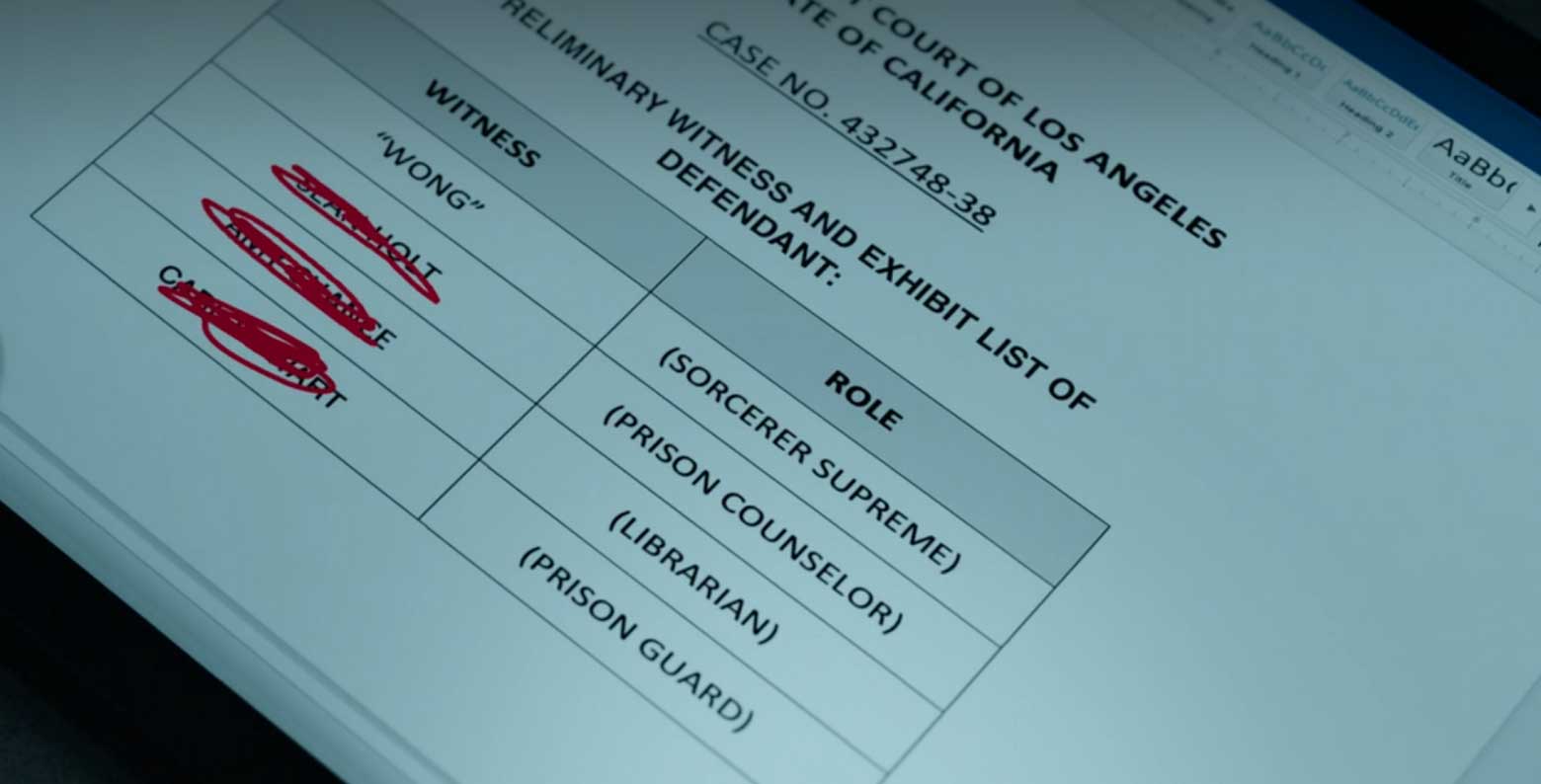
But that’s okay — Jennifer Walters probably isn’t barred in New York, so it makes sense that the showrunners wouldn’t want their lead character to get into trouble for the unauthorized practice of law.
Procedural shenanigans aside, there is virtually no chance that Blonsky could obtain parole. Parole is not easy to obtain. In California, fewer than 20% of parole applications are granted. For frame of reference, California recently granted parole to a man who hijacked a school bus for a $5 million ransom. That crime — which did not involve any deaths — took place over 40 years ago, and parole was denied 17 times. In another case involving a non-violent drug offense, a man was denied parole simply because he had not served enough time. Blonsky’s crimes are far worse than either of those, since they were excessively violent, injured and killed dozens of people, and were relatively recent.
To make matters worse, real parole boards consider victim impact statements when deciding whether to grant parole, and there is a good chance that several of the victims of the Abomination’s rampage (including the family members of those who were killed) would oppose Blonsky’s release. The fact that Blonsky wrote Hulk a poem would not be enough to persuade the parole board to overlook the (likely numerous) other victim impact statements.
And then there’s the matter of the jail break. Even if one were to accept that the Abomination was abducted, the fact that he participated in violent fights eviscerates his claim that he is no longer capable of violent rampages or assaults. Further, the video footage of the fight suggests that the Abomination was a willing participant in the fight club activities (which is also consistent with the stated motive for his earlier rampage, to secure a “real fight”).
All that remains are Blonsky’s “soul mates.” While the presence of loved ones and financial support favors a grant of parole, the fact that Blonsky had seven pen pal partners could easily cut against parole since polygamy is often viewed as immoral and because his relationships could be viewed as exploitative and disingenuous.
Verdict: Back to your cell, Blonsky!
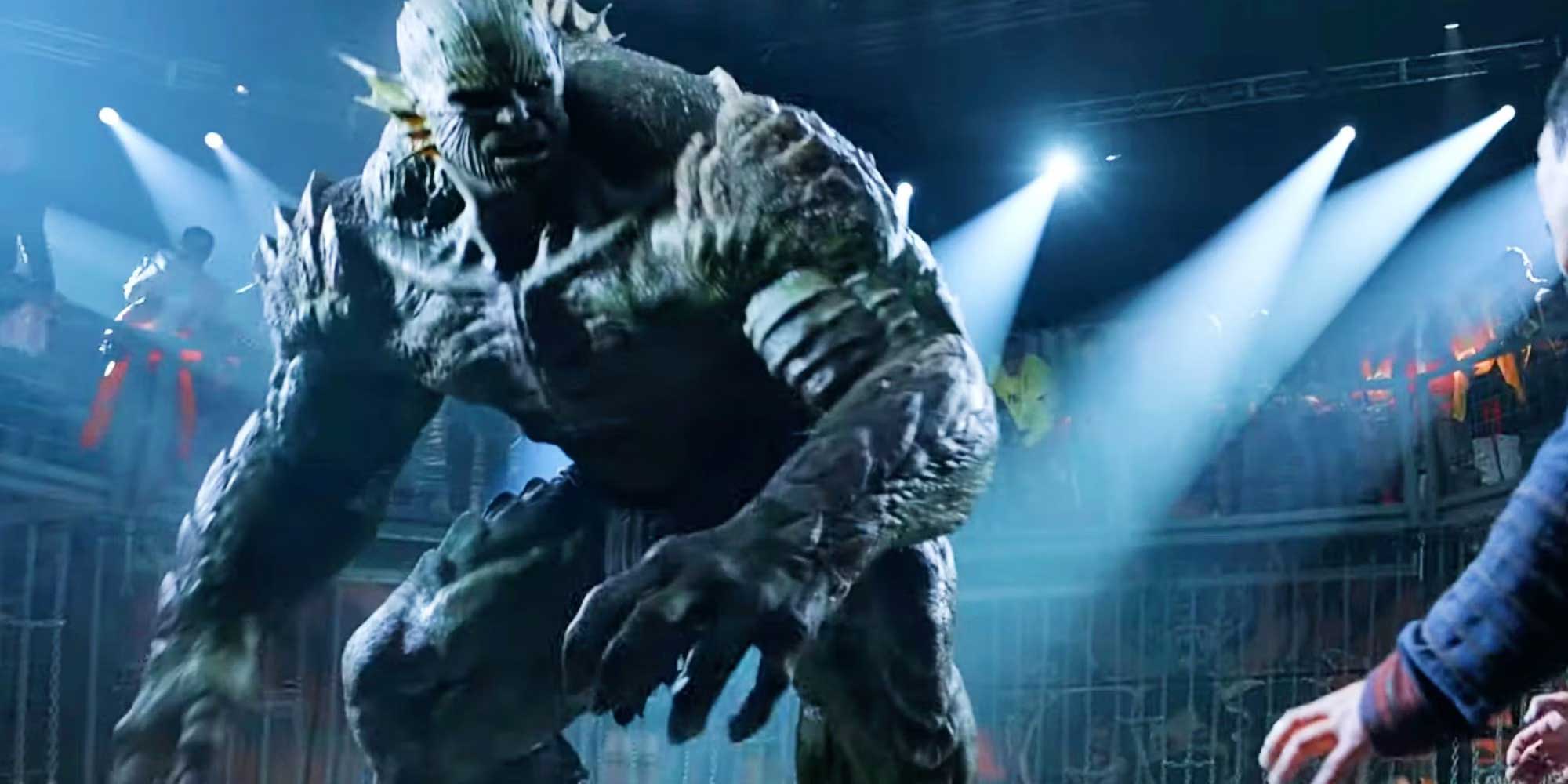
Case Two: Catfished by a Shapeshifter
The second legal case in She-Hulk episode 3 considered whether a shapeshifter should be required to repay $175,000 in romantic gifts she received after disguising herself as famous rapper Megan Thee Stallion and tricking Dennis Bukowski (She-Hulk’s former co-worker and perennial asshat) into thinking they were in a romantic relationship.
The defense argued that repayment should not be ordered, since Bukowski’s decision to give the shapeshifter gifts was unreasonable, as no reasonable person would think that Stallion would or could actually have romantic interest in Bukowski. In response, Bukowski’s legal team (with help from She-Hulk) argued that Bukowski was so delusional and foolish that he actually believed he could woo Stallion. The court accepted that argument and found in favor of Bukowski.
This time, the show got the conclusion right, but for the wrong reason. California Penal Code Section 528.5 makes it illegal to “credibly impersonate[] another actual person” by any electronic means. The statute further states that “an impersonation is credible if another person would reasonably believe, or did believe, that the defendant… is the person who was impersonated.” Thus, under the statute, the fact that Bukowski was deluded and had unrealistic expectations would tend to undermine his claim for relief, rather than support it.
For Bukowski, the saving grace is that the statute focuses on the credibility of the impersonation itself, rather than on any acts taken by the impersonator. Because the shapeshifter’s Stallion impersonation was perfect, (Indeed, the role was played by Stallion herself.) a reasonable person would believe that the shapeshifter was Stallion. Further cutting in Bukowski’s favor is the fact that, when it comes to matters of romance, the bounds of reasonability are greatly expanded — for the lovestruck among us, it seems that anything is possible. To Bukowski, I say to dream on!
Verdict: A payday for Bukowski.
She-Hulk Is Having a Fun, Outlandish Time with the Law
While it took a few weeks for She-Hulk to deliver the outlandish cases I’ve been longing for, episode 3 delivered! I can’t wait to see what She-Hulk has in store for us in the weeks to come. As her biggest fan, I’m holding out hope that Jennifer Walters will break through the fourth wall of my TV to hang out. I’ll just have to make sure she’s not an Asgardian Shapeshifter. Or a Skrull. Or Ms. Marvel. Or the Chameleon. Or Mystique. No one ever said it was easy to find friends in the age of heroes…

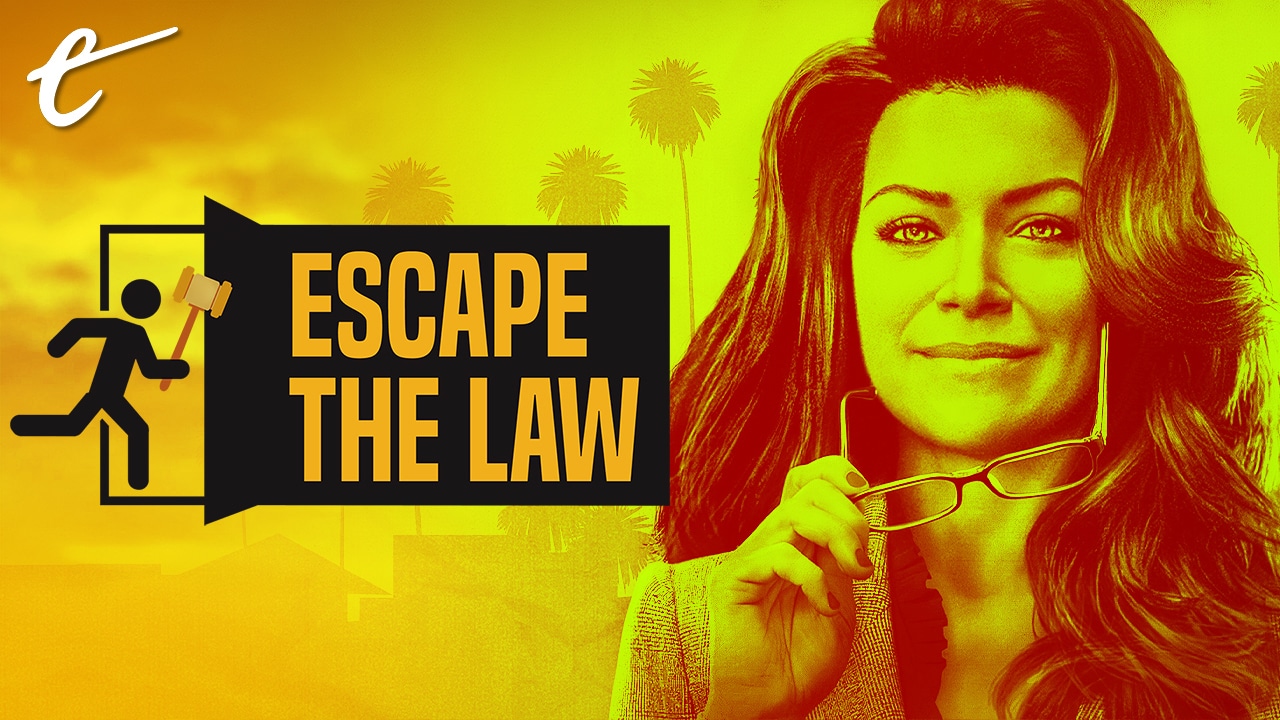





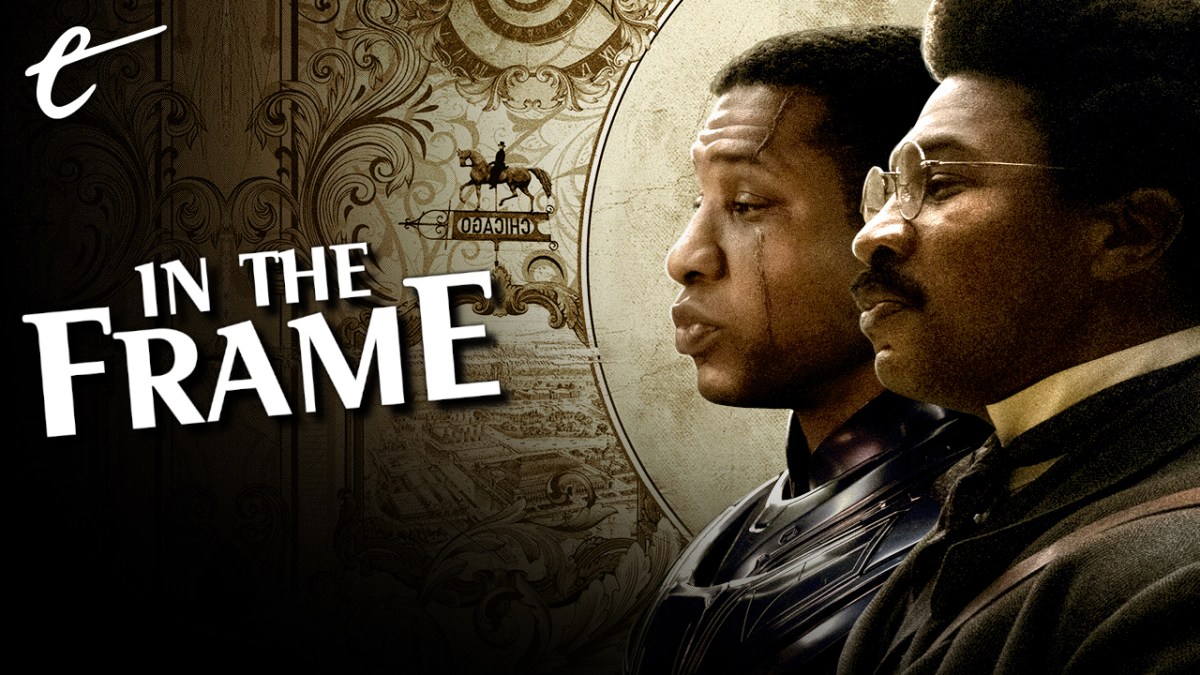



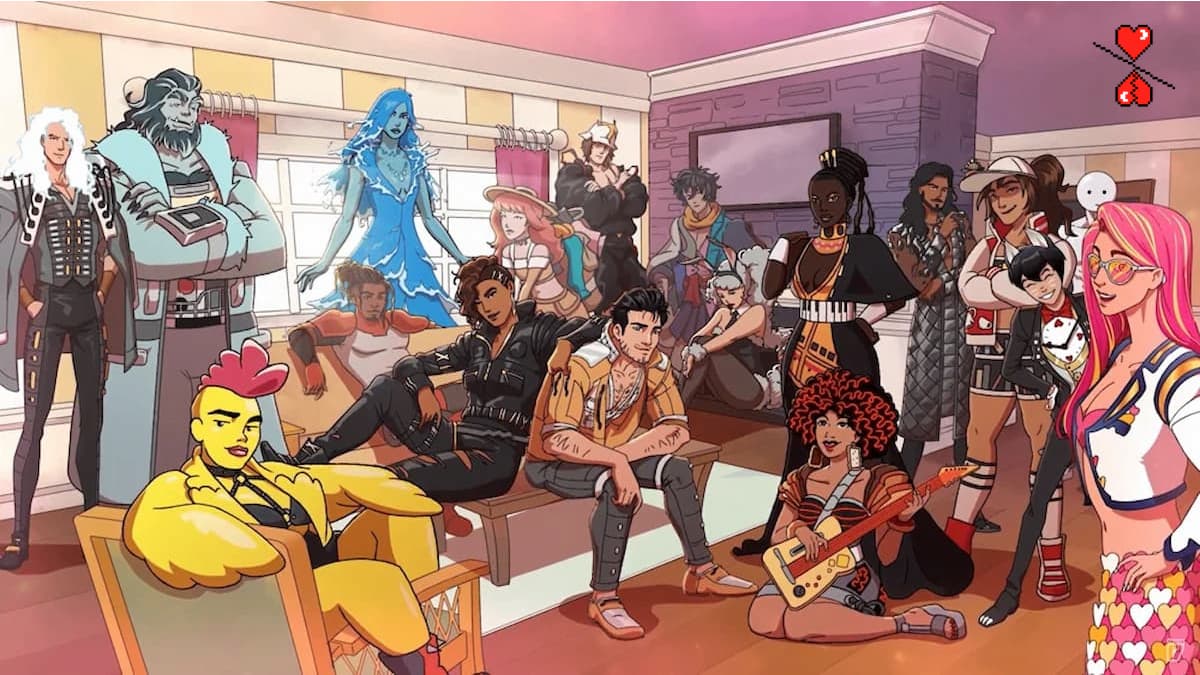


Published: Sep 4, 2022 6:00 PM UTC